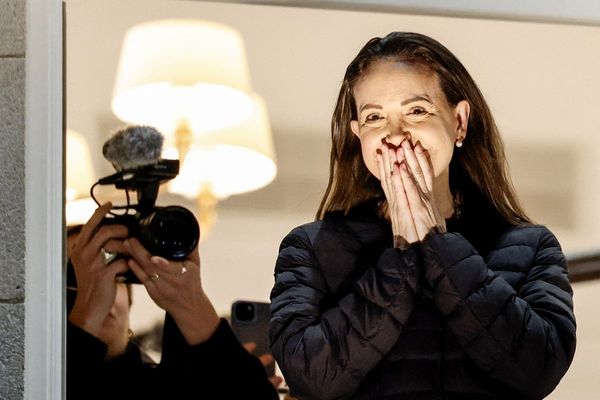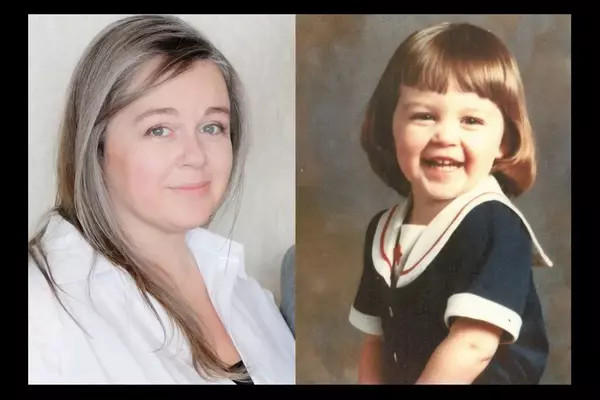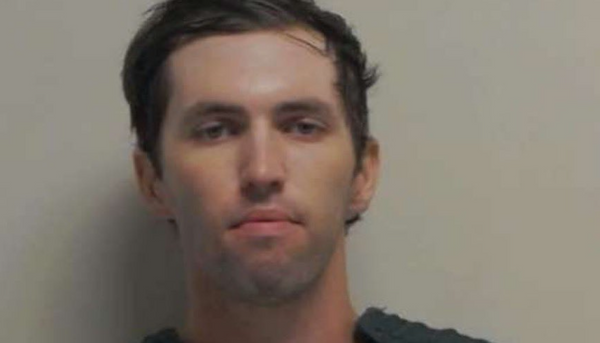
Ballarat is a city of grand churches. Even without the ribbons of survivors tied on the fences, it’s difficult to drive past them without thinking of the past atrocities that, to many, they have come to represent.
Although it is not fair to survivors to describe it as a thing of the past. They’re part of a lingering wound, open and bare, susceptible to becoming infected if left untreated.
We have not all been directly affected. But even those of us lucky to be free of the personal experience of it feel this trauma reverberating through the town.
So how do we treat such a deep laceration?
This week, the City of Ballarat unanimously endorsed the designs for a memorial park in Ballarat for victims of sexual violence. A space for healing, reflection and remembrance, the plans include a boardwalk and canopy crafted atop a small lake, with brass strands symbolising each individual’s healing journey and the power of community, protection and strength.
It isthe culmination of council’s $1.5m Continuous Voices project that began in 2016 to recognise the pain and trauma caused by all forms of sexual violence. State and local governments have committed funds. About $500,000 is still required.
Ballarat has an unfortunate distinction of being a hotspot of historic child sexual abuse, particularly by Australia’s Catholic clergy. A royal commission hearing in 2015 was told up to 14 priests in Ballarat had sexually abused children. There have been at least 130 claims and substantiated complaints since 1980. Survivor groups estimate more than 50 suicides in the town are linked to historic sexual abuse.
Among them was Ballarat’s Peter Auchettl, who took his life more than 20 years ago. His brother, Paul, also a survivor, later flew to Rome to meet with George Pell during his evidence to the child abuse royal commission.
Auchettl talks me through his life growing up in a devout Catholic family. As a teenager he was sent to stay in motels among the clerics as a young teenager. He was unable to share what went on behind closed doors. “It sent me in a spiral living this double life into my adult years,” he says.
He is grateful to the council for facilitating the Continuous Voices project. He says the arts have played an integral role in bringing him some relief from grief.
“I think I cried the first time [I participated in the project],” he says. “I never really appreciated the power of art in addressing trauma. I became a convert instantly. I think we’re going to have to use more art projects as the environment where people start sharing.
“Art has shown me that the offender can disappear and become a nobody.”
Auchettl hopes the memorial will serve as a child-friendly space for the community to “talk freely about our past” and remember those impacted by all forms of sexual abuse. “A safe place to address the grief and loss people are facing.”
Rates of sexual violence in Ballarat are still higher than the state average, as are rates of family and gendered violence. In the year ending March 2024, sexual offences stood at a rate of 580 per 100,000 compared to 222 per 100,000 statewide, according to the Victorian Crime Statistics Agency. Over the past few months, our city has been shocked by the alleged murders of three beautiful women, adding further salt to this gaping wound.
Ballarat Centre Against Sexual Assault’s operations director, Katrina Bevelander, says the memorial would help reach people in the community who have historically not been supported. She says there are families who for generations have been affected by the institutional child abuse and also those who are currently going through this trauma.
“We as a community have not hidden from our past – when we’ve been in the spotlight not just because of the childhood institutional abuse but more recently because of the awful fatalities,” she says.
“This memorial provides a space for victims, survivors and family members to go, reflect, connect, and acknowledge the pain they’ve experienced and are still experiencing, but also provides a place which provides glimmers of hope for the future so we can prevent this from happening not only in our community but in other communities.
“This is not just part of our past, it is part of our present. We see victims currently going through this trauma and working towards healing in the here and now.”
As previously reported, Continuous Voices’ creative workshop facilitator, Mitch Nivalis, said project participants forged lifelong bonds and having a space to publicly recognise their ongoing trauma was important for healing.
This concept of the broader community acknowledging each other’s pain is essential to Ballarat moving forward. Feeling when members of our community suffer, even if they’re not directly connected to us, is what makes us human. It’s this understanding of our interconnectedness that allows for the healthy functioning of our society and the dressing of all wounds.
When Auchettl speaks of moving forward, he refers to the Buddhist parable about the mustard seed. It tells the story of an individual who was asked to gather a seed from the home of someone untouched by death, only to realise that no such home existed. He says it demonstrates the universality of suffering and the importance of healing and “holding space” together.
“When we connect this [parable] with what we’re doing with the Ballarat community, this is where understanding comes from,” he says. “When we share, it’s the biggest relief to the grief we all hold.”
To me, the purpose of any faith is to build community. Its very essence should be the promotion of love and unity. Our churches still do act as a source of comfort for many and it hurts me to know such extensive damage has been caused in the name of religion due to the crimes of a few. It does not represent true Christianity.
But this harrowing history will always be a part of Ballarat’s story. It’s not something we can, or should, divorce ourselves from. That’s not fair to those who have endured, and it’s not constructive to growth. And while we need not be defined by it, we also shouldn’t forget it.
Rather we should learn from our past and instil our spaces with the sense of community, compassion, sharing and hope, ready to listen with open hearts and minds so we can stitch our city’s wounds together.
Continuous Voices has acted as the first stage in this process. But its success is up to us.







